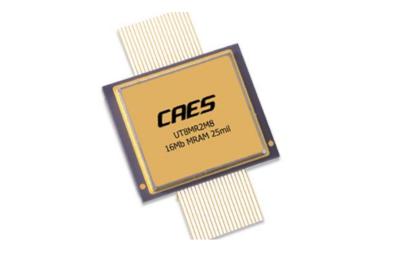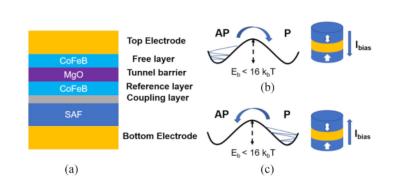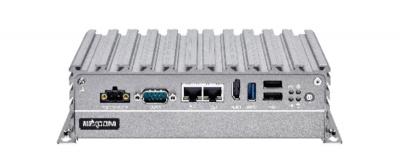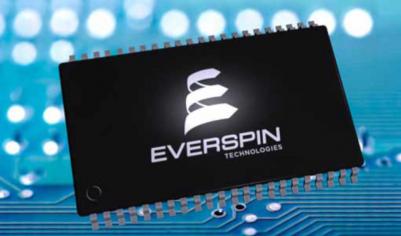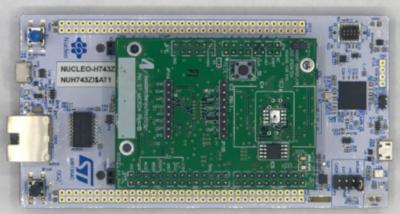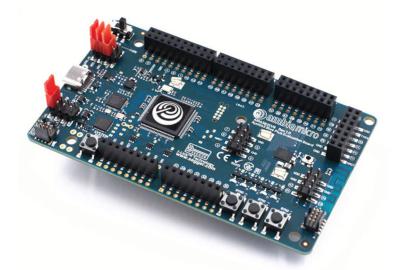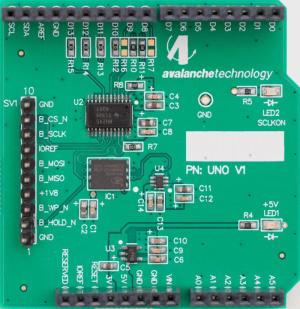ITRI and UCLA to co-develop VC-MRAM technologies
Taiwan-based Industrial Technology Research Institute (ITRI) announced an agreement with the University of California, Los Angeles (UCLA) to co-develop Voltage-Control MRAM (VC-MRAM) technologies.
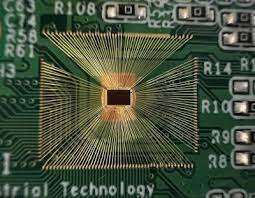
ITRI says that VC-MRAM is a type of SOT-MRAM that offers improved performance - 50% higher writing speed and 75% less energy consumption. VC-MRAM is said to be ideal for AIoT and automotive industry applications. The partnership is expected to strengthen the link between both parties and accelerate the R&D and industrialization of new memory technologies.
